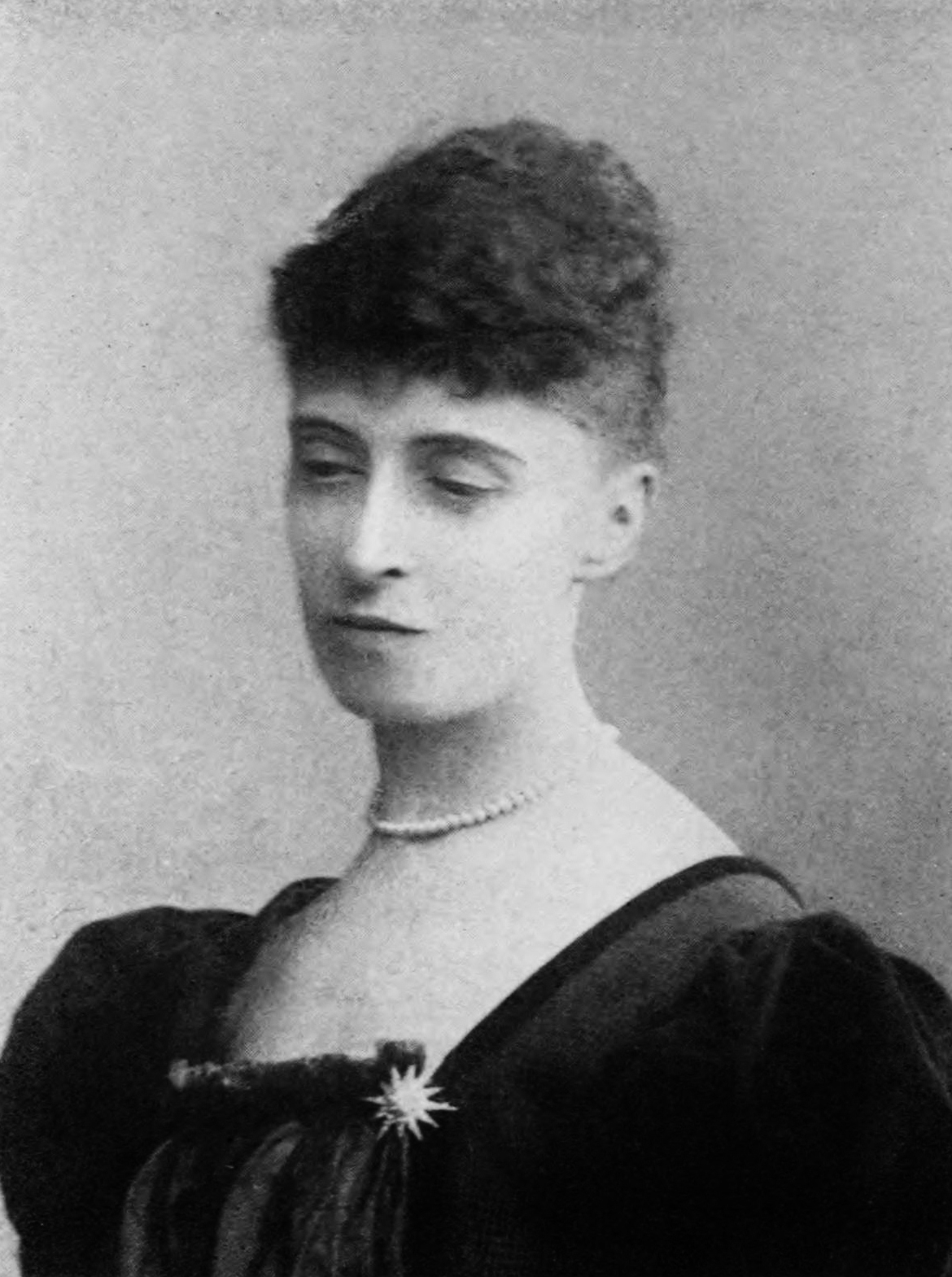“Compassion in the highest degree is the divinest form of religion.”
"Introductory Note" to The Poetry of Pathos & Delight: From the Works of Coventry Patmore; Passages Selected by Alice Meynell (London: William Heinemann, 1906), p. xi.
Alice Christiana Gertrude Meynell, née Thompson, née le 11 octobre 1847 et morte le 27 novembre 1922, est une poète, éditrice et écrivaine suffragiste britannique. Wikipedia

“Compassion in the highest degree is the divinest form of religion.”
"Introductory Note" to The Poetry of Pathos & Delight: From the Works of Coventry Patmore; Passages Selected by Alice Meynell (London: William Heinemann, 1906), p. xi.
“I came from nothing; but from where
Come these undying thoughts I bear?”
Opening lines of Song of Derivations" https://www.poemhunter.com/poem/a-song-of-derivations/"A. In Poems (London: John Lane, 1896) this poem is titled "The Modern Poet: A Song of Derivations". In later editions of Poems, it is titled "A Poet's Fancies VIII: A Song of Derivations".
"The Colour of Life" in The Colour of Life and Other Essays on Things Seen and Heard (London: John Lane, 1896), p. 4.
Opening stanza of "The Shepherdess" https://www.poemhunter.com/poem/the-shepherdess/ in Later Poems (London: John Lane, 1902).
Their mother does not put "Let's pretend" into the child's mouth; she finds it there. Without it there is no play. But the pretending is always drama and never deception or self-deception.</p>
"V. Fairies", pp. 32–33
Childhood (1913)
"Eyes", pp. 98–99
The Colour of Life and Other Essays (1896)
"Cloud", pp. 16–17
The Colour of Life and Other Essays (1896)
“[W]hat is now and then attempted is perhaps "for art's sake."”
He that saveth his art shall lose it.
Meynell alludes to the saying of Jesus: "He that saveth his life shall lose it" (Mark 8:35).
Source: Mary, the Mother of Jesus: An Essay (1912), Ch. X. "In Churches", p. 134
Source: Mary, the Mother of Jesus: An Essay (1912), Ch. IV. "The Mother", p. 40
Source: Mary, the Mother of Jesus: An Essay (1912), Ch. II. "Mary in the Scriptures", pp. 18, 21
Source: Preludes (1875), "To a Daisy", p. 70